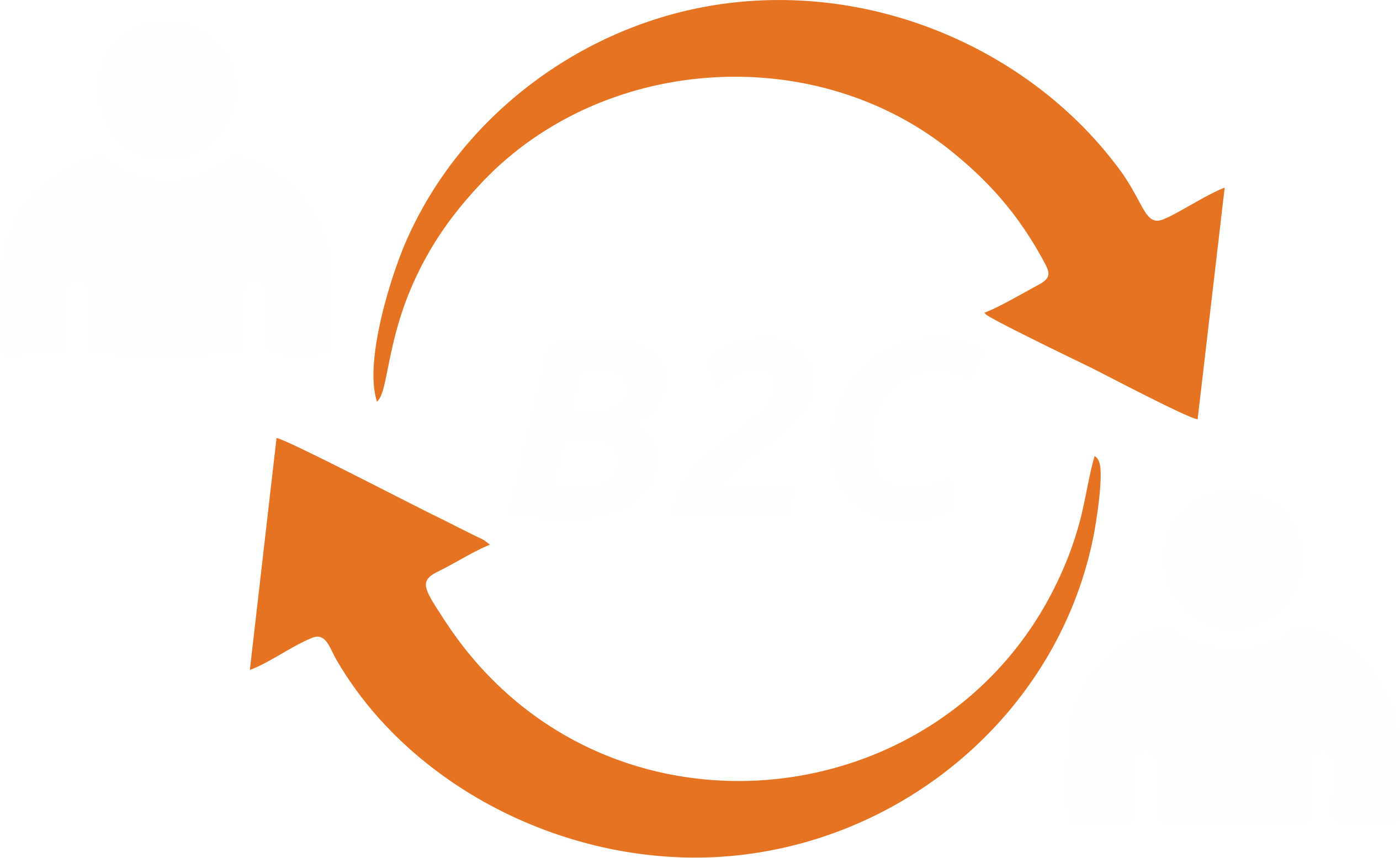
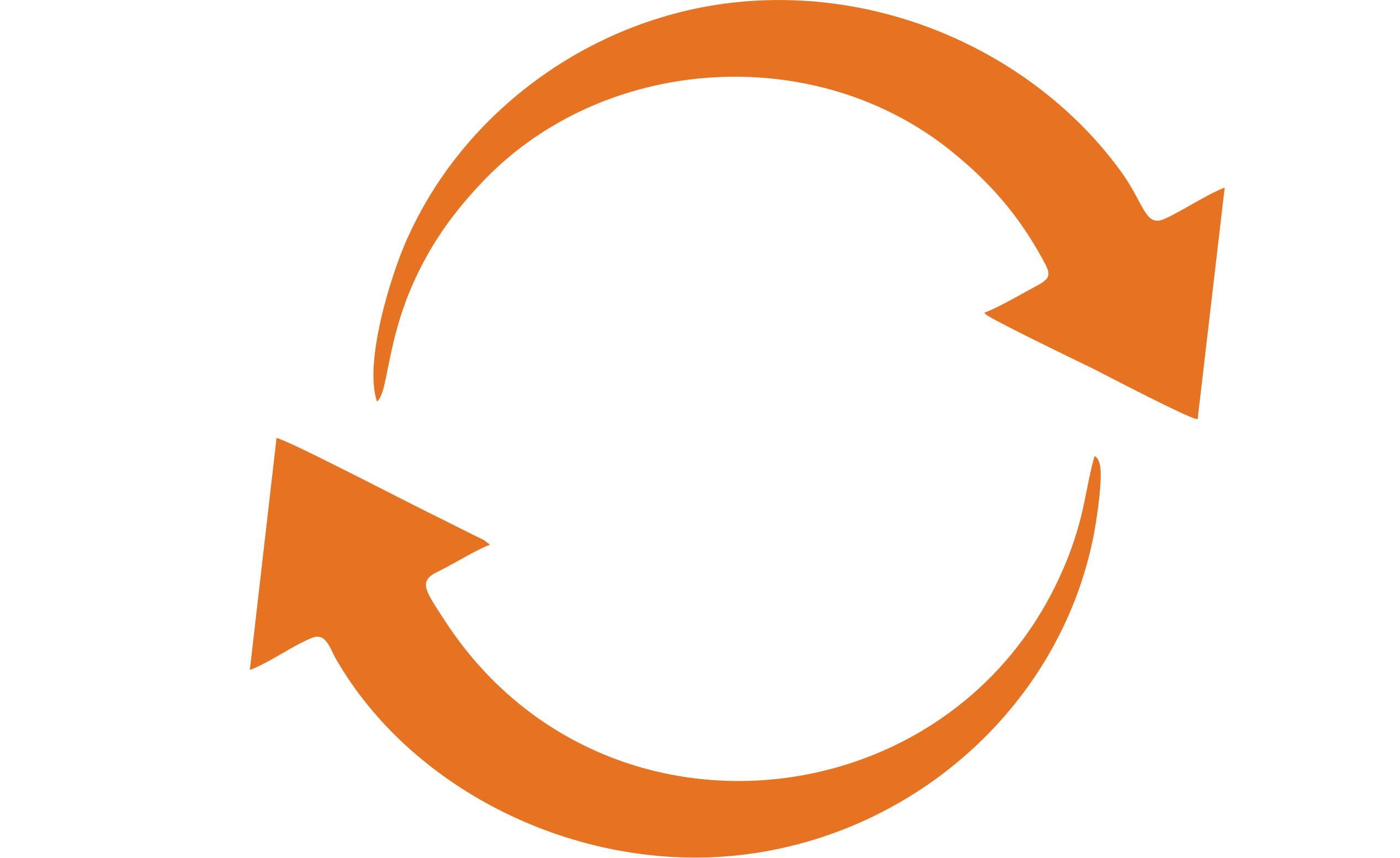
With many exceptional SaaS eCommerce platforms in the market, merchants may feel perplexed and intimidated to choose one. An eCommerce business is essentially a simple online shopping store. However, many back-end operations and features make it a success. Examples of such elements are stocking, secure payment options, warehousing, inventory management, order processing, and much more. Most beginners and startups often commit the mistake of not selecting the right platform to build their store. To ensure you don’t duplicate the errors, below are some curated factors to help you make a suitable choice.
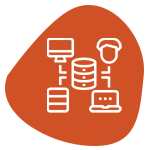



One of your primary tasks is to choose between a self-hosted eCommerce platform and a hosted/cloud-based platform for your business. Self-hosted platforms will run the site on your server and have complete control over maintenance and management. You will require some expertise in the technical and software area to operate self-hosting sites such as WooCommerce and Magento.

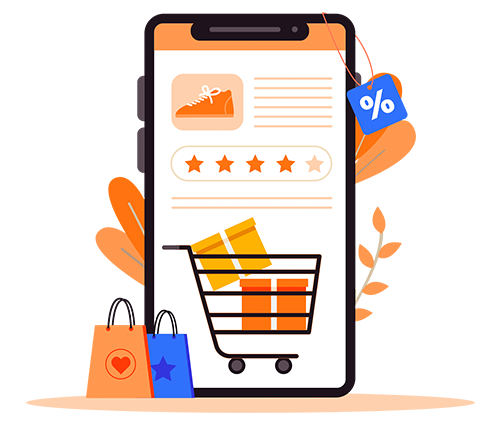
Everyone who works with us agrees that the main reason they do so is because of our excellent service. The clients who profited from our services are listed below.
With our smart customer engagement platform, we can meet your needs. Describe your needs more fully for us.